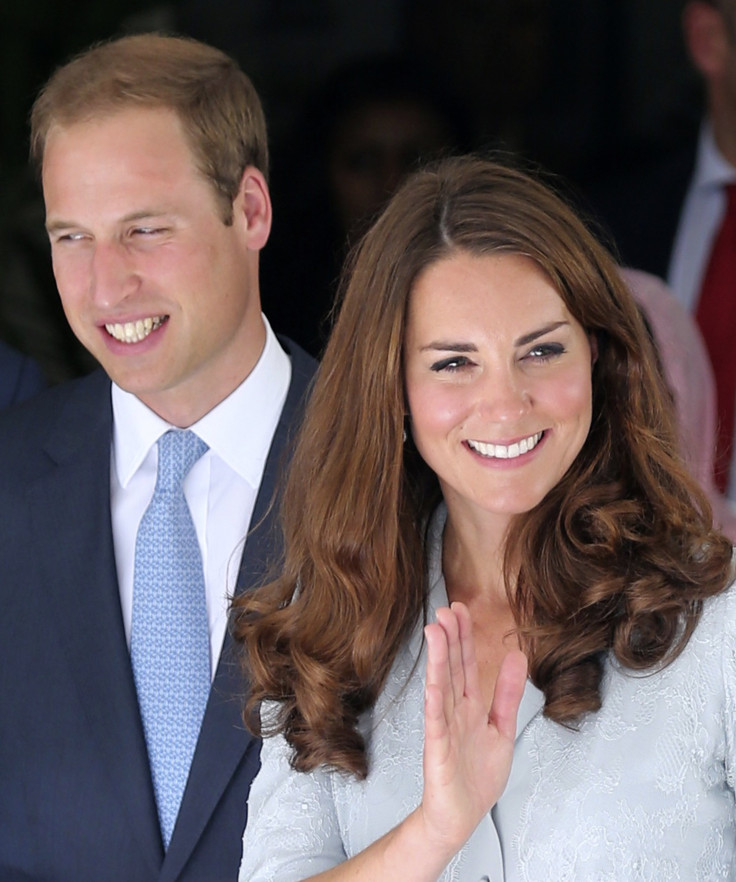Hyperemesis Gravidarum: The Condition Pregnant Kate Middleton Was Hospitalized For With Baby Announcement

Morning sickness is common among pregnant women and it's no surprise that even royalty like Kate Middleton, who today announced she will have her first baby with Prince William, was not exempt.
But the Duchess of Cambridge, 30, was hospitalized Monday for a type of dangerous morning sickness called hyperemesis gravidarum.
On Monday, palace officials announced Middleton was hospitalized and would remain in the hospital for several days despite the happy baby announcement.
"Their Royal Highnesses The Duke and Duchess of Cambridge are very pleased to announce that The Duchess of Cambridge is expecting a baby," the rep said in a statement. "The Queen, The Duke of Edinburgh, The Prince of Wales, The Duchess of Cornwall and Prince Harry and members of both families are delighted with the news."
"The Duchess was admitted this afternoon to King Edward VII Hospital in Central London with Hyperemesis Gravidarum," the rep continued. "As the pregnancy is in its very early stages, Her Royal Highness is expected to stay in hospital for several days and will require a period of rest thereafter."
Hyperemesis Gravidarum is a potentially dangerous condition of morning sickness and affects only about one in 50 pregnancies. Most common in young women, first time pregnancies, pregnancies with multiple babies and non-smokers, side effects of Hyperemesis Gravidarum include vomiting so severe that no food or liquid stays in the body. Treatment for Hyperemesis Gravidarum generally includes intravenous fluids to treat dehydration and nutritional supplements, though less than one percent of women with the condition are hospitalized. Vomitting and less severe versions of morning sickness in general, though, happen in about 50 to 90 percent of pregnancies, according to Health.com.
Doctors told The AP that the cause of Hyperemesis Gravidarum is unknown and generally does not come with long-term effects for the mother or the child. However, if the mother is not treated timely or properly, there can be long-term effects such s neurological problems with the baby.
As for Middleton, the Duchess will remain in the hospital for a few days and, according to The Telegraph, her "diary of engagements for this week has been cancelled." The newspaper noted she appeared to be feeling well on Friday when she visited her old school to play hockey in high heels.
Dr. Kecia Gaither, director of maternal fetal medicine at Brookdale University and Medical Center in New York, told The AP Middleton will likely be back to her usual life in a few days.
"She should be able to meet all her public obligations soon," she said. "She should just be looking forward to having a healthy little plump person."
Gaither said many women who suffer from Hyperemesis Gravidarum end up having an "entirely uneventful" pregnancy" given they eat a proper diet, take vitamins and have no other underlying health issues.
According to The Telegraph, it is unknown how far along Middleton's pregnancy is or the due date for the baby. However, Middleton is under 12 weeks, according to the palace, since she was planning to make the announcement once she was at least three months pregnant. The newspaper estimated that Middleton will have the baby around the same time as the couple's second wedding anniversary in May next year.
© Copyright IBTimes 2024. All rights reserved.






















